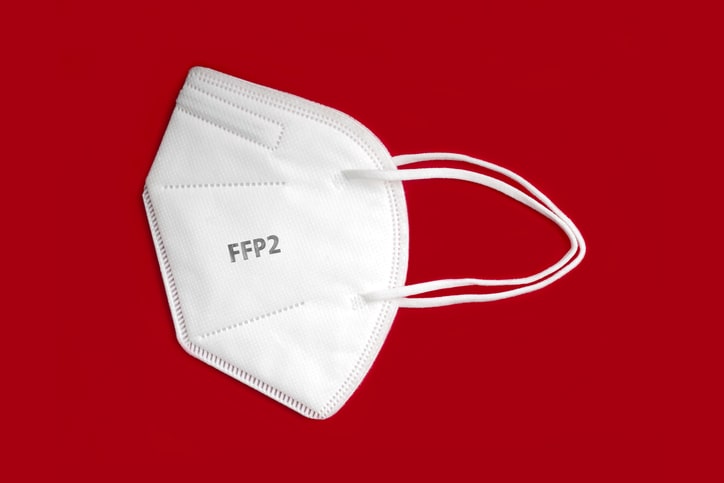
Results of previous meta-analyses found that dietary fiber could reduce the levels of p-cresyl sulfate, blood urea nitrogen, and creatinine in patients with chronic kidney disease (CKD). It has also been suggested that the dosage and duration of fiber supplementation and patient characteristics may influence the effect of dietary fiber in reducing uremic toxins, but there are few data available providing reliable evidence.
Hui-Li Yang, BSN, and colleagues conducted a literature search and meta-analysis on the effect of dietary fiber supplementation in patients with CKD. Results were reported in the Journal of Renal Nutrition [2021;1(5):438-477]. The search included PubMed, Web of Science, and Cochrane Library. Random effects models were used to pool data by the generic inverse variance method. Egger’s test was used to evaluate publication bias.
The search yielded 10 randomized controlled trials involving 292 patients with CKD. Dietary fiber supplementation significantly reduced the levels of indoxyl sulfate (standard mean difference [SMD], –0.55; 95% confidence interval [CI], –1.04 to –0.07; P=.03), p-cresyl sulfate (SMD, –0.47; 95% CI, –0.82 to –0.13; P<.01), blood urea nitrogen (SMD, –0.31; 95% CI, –0.58 to –0.03; P=.03), and uric acid (SMD, –0.60; 95% CI, –1.02 to –0.18; P<.01). There was no significant difference in the reduction of creatinine (SMD, –0.31; 95% CI, –0.73 to 0.11; P=.14).
The reduction of indoxyl sulfate was more obvious among patients on dialysis compared with patients not on dialysis (P for interaction=.03) in subgroup analyses. The reduction of creatinine was more obvious among patients without diabetes than patients with diabetes (P for interaction <.01).
In conclusion, the researchers said, “This meta-analysis indicates that dietary fiber supplementation can significantly reduce the levels of uremic toxins in patients with CKD, with evidence for a more obvious effect of patients on dialysis and without diabetes. These findings inform recommendations for using dietary fiber to reduce the uremic toxin among CKD patients in clinical practice.”







 © 2025 Mashup Media, LLC, a Formedics Property. All Rights Reserved.
© 2025 Mashup Media, LLC, a Formedics Property. All Rights Reserved.